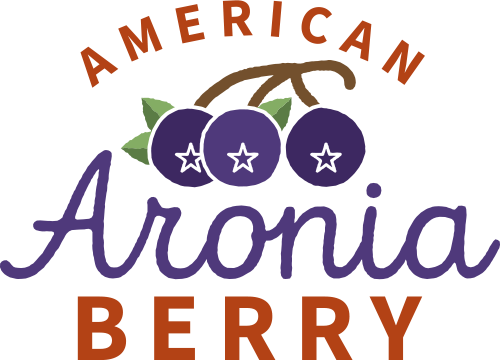Click here to link to original story
Chokeberries, otherwise known as aronia berries, are so called because of their bitter, sour taste. Native to North America, they grow prominently in temperate woods and swamps, in red, black and purple varieties. The plant is known for its resistance to drought, insects and disease.
Despite the awful-sounding name, the nutritional properties of chokeberries are numerous, and the berries are for wine, jam and syrup. Aronia berries are rich in flavonoids and contain more antioxidants than blueberries, pomegranates, cherries and goji berries. The black-colored chokeberries, in particular, have a high amount of polyphenols, namely anthocyanin, which is believed to potentially reduce risk of cancer, viral and bacterial infections, cardiovascular disease, diabetes, cognitive decline, cell degeneration and inflammation.
Chokeberries may be especially helpful to athletes, according to recent studies. One published last fall in the Journal of the International Society of Sports Nutrition found that rowers who took a chokeberry juice supplement experienced a reduced inflammatory response after exercise. They also maintained higher levels of iron in their bodies, helping to send oxygen to their muscles more effectively. Researchers believe the anthocyanin in chokeberries has a “beneficial effect … in reducing the consequences of an intensive training load.”
Although you can’t buy the berries fresh, aronia berries are available in the form of dried fruit (onNuts.com), capsules (Swanson Full Spectrum Aronia) and powder (from Peak Season).



